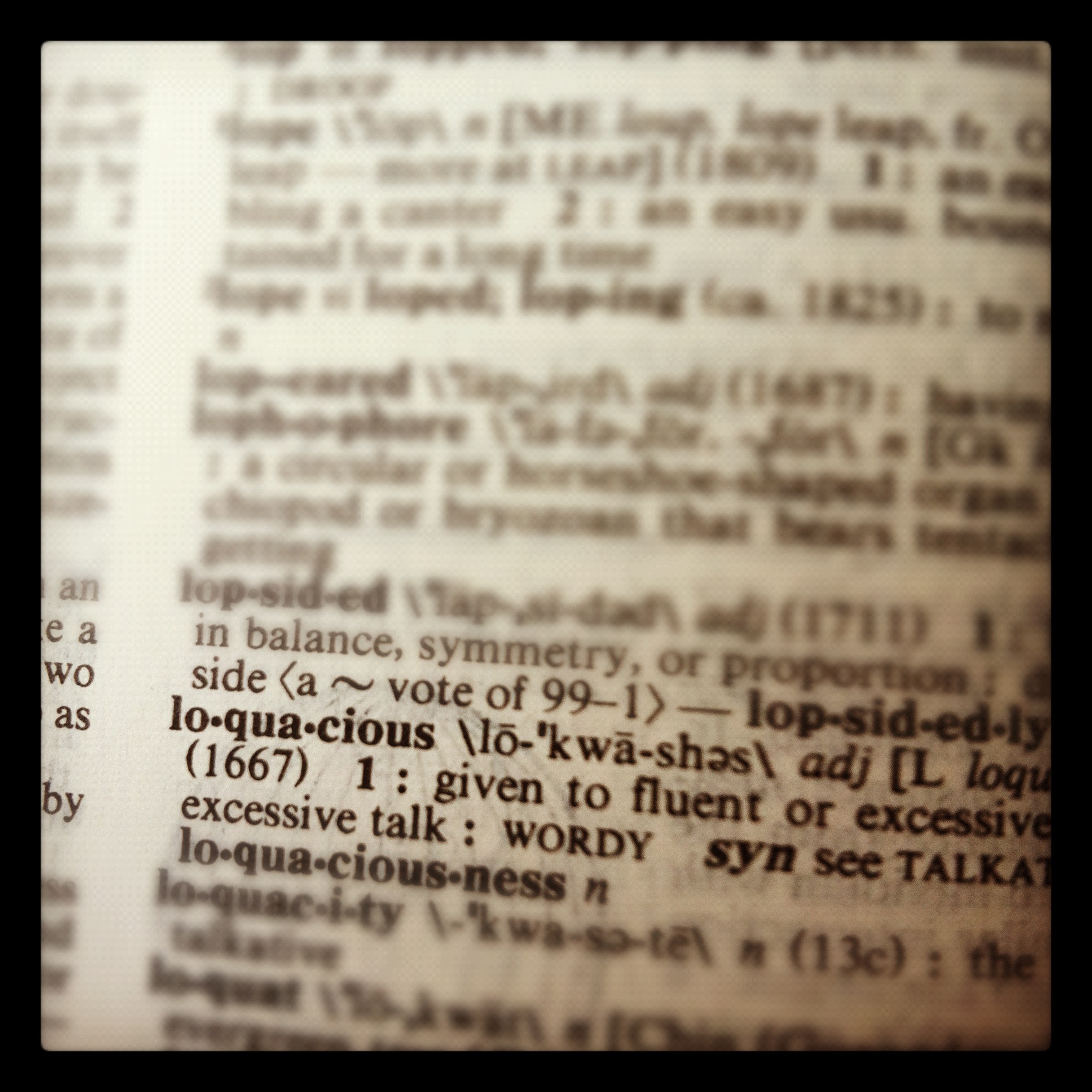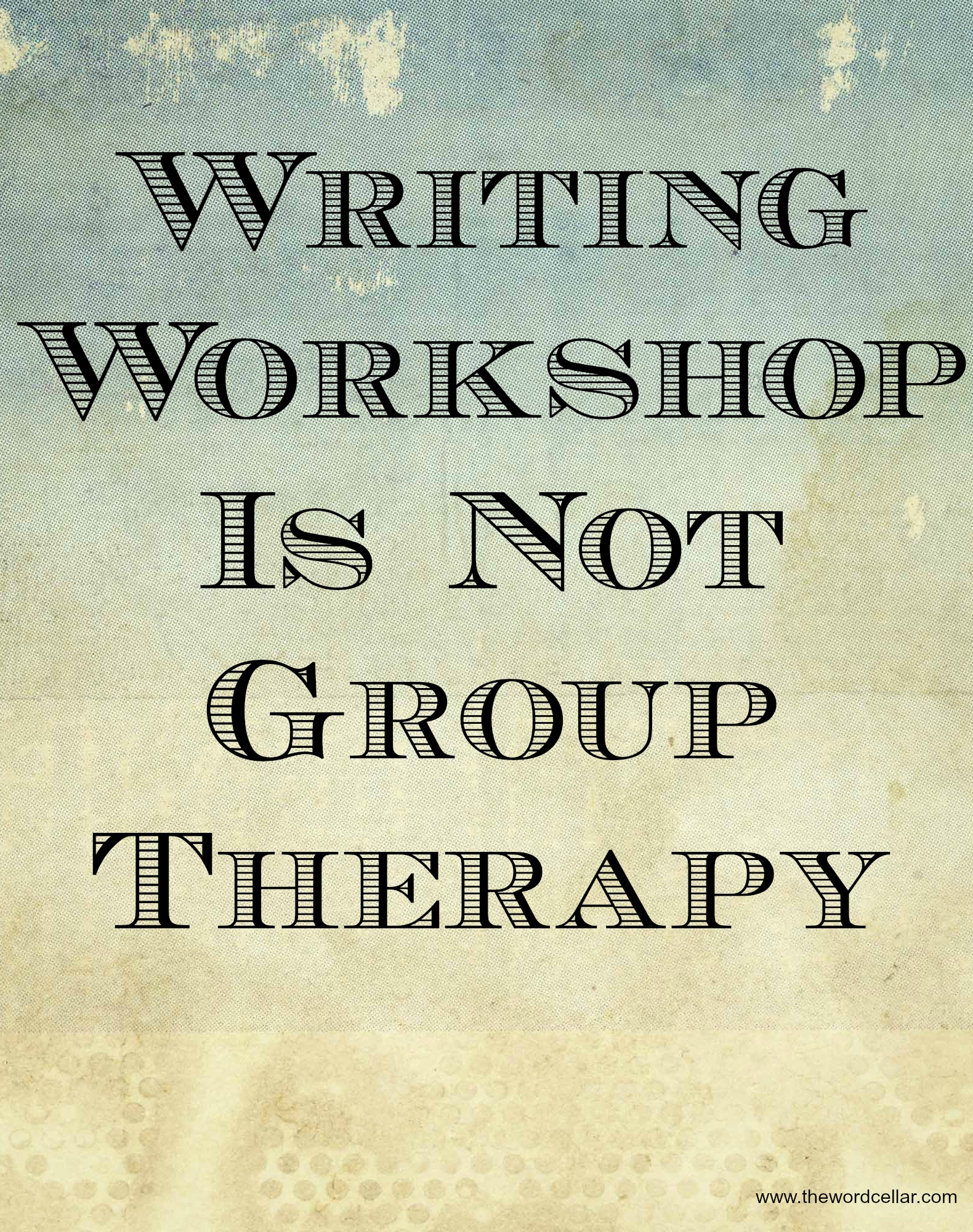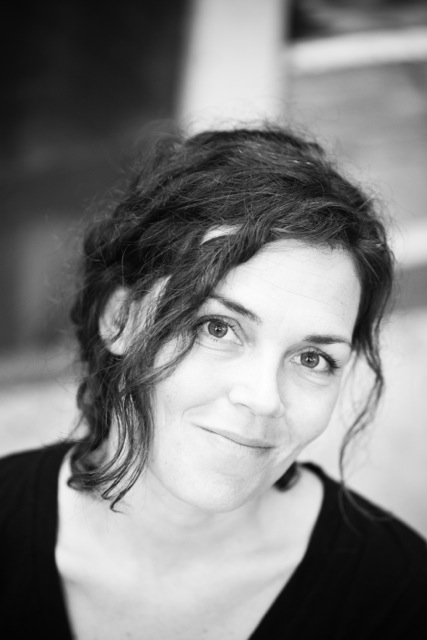
Loquacious: full of excessive talk : wordy (www.m-w.com)
Loquacious is a "wordy" series that revels in language. Read more essays in the series here.
Rachelle Mee-Chapman was one of my earliest Internet crushes. I became smitten with her and her blog, Magpie Girl, in my early days of blogging. Since then, I've had the pleasure of spending time with her online and in-person. I consider her a friend, a colleague, a mentor, and a soulsister. She is also one of the contributors to Lanterns: A Gathering of Stories, and I'm delighted to be a speaker at her Soulsisters Gathering this coming October. Her depth of kindness, spirit, and vivacity shines through in all of her work and writing. In this guest essay, she beautifully combines a meditation on the word "praxis" with an invitation to step into a life of action. (I first heard the idea of "orthopraxis" ("right action") from Rahcelle a few years ago, and it's been an important concept for me as I've navigated a shifting view of the world and my role in it. I live so much of my life in my head, so the reminder to move from thinking into action is always a good one for me.)
Praxis
By Rachelle Mee-Chapman
prax·is
[ práksiss ]
1. performance or application of skill: the practical side and application of something such as a professional skill, as opposed to its theory
2. established practice: established custom or habitual practice
Praxis. The application of a skill. The establishment of a practice. The creation of a custom. The polar opposite of theory.
I love saying it.
The pop of the "p" right from the start.
The roll of the "r," softening its challenge.
The crisp charge of the "x" keeping things going.
Then the closing hiss of the "s," suggesting a continuing process.
Everything about the word "praxis" makes me think of forward motion. Of doing. Of action.
I didn't know anything about praxis for the first three decades of my life. You see, for a long time I lived in my head. I studied philosophy, and then theology. I talked about ideologies and paradigms, systemic establishments and theoretical models. I devoted myself to figuring-things-out for one big reason—I didn't want to get "it" wrong.
You know. "It." Life.
I didn't want to get life wrong.
At the core of this approach was a desire for control. I wanted to know what the results would be before going in. I didn't want to fail, or look inexperienced; to make a mistake or to be laughed at. I wanted to think it through, and when I had it all figured out, then I wanted to begin.
Maybe this was because in the tradition in which I was raised, "failure" was synonymous with "sin." Doing something wrong wasn't just part of growing up, it was a moral failure that could—if you didn't say the right prayer—result in eternal damnation. Or maybe it was just because I was an anxious kid, then a nervous teenager, and finally a young adult who was mostly okay at faking confidence. Probably it was all-of-the-above plus a good deal more.
Because of these influences, my college years found me dedicated not to orthopraxis—the exploration of right-living—but rather to orthodoxy, the study of right-thinking. I was committed to finding and keeping a set of beliefs that would keep me in the "right" arena. I thought that if I spent my time in right-thinking, it would indisputably lead me to right-living.
Kind living.
Fair living.
A way of living that was nice to everyone, but completely empowered, and of course, full of justice.
What I didn't know about orthodoxy and real life is you can't get there from here.
Sure, right-thinking can help you decide in which direction to turn. It can teach you good assessment skills. You can become very good at picking things apart. But what all that thinking doesn't do is actually get you to living.
You see, most of living doesn't happen in your head. A lot of life requires movement, exploration, forward motion. Life requires you to skip and to trip; to climb up and to fall down; to ride your bike with no hands, and to scrape your knees.
Life requires you to do more than think. It requires you to act.
My younger self wanted to get everything straight in my head so I could go out and start my life. What I didn't know was that in order to leave the ivory tower, to walk past the castle walls, you don't need orthodoxy. Orthodoxy won't get you out the door. No, what you need for the messy, tumultuous, upheaval of real life is not right thinking, it's right action—orthopraxis.
The try and the attempt.
The repetition and the habit.
The tradition and the custom.
The rhythm and the beat.
This is what orthopraxis gives you:
the breathing room to attempt,
to try,
to actually get out there and live.
So this is what I'm thinking, right now, for you, my friend.
Maybe you don't need a perfect set of beliefs, or a watertight creed, or a systematic theology.
No, maybe what you need is a space to practice. A little bit of room so you can discover—by doing—the right and the wrong. So you can live in the grey. So you can make mistakes, and fail—and be glad you failed—and then do it all again anyway.
That is the gift of praxis.
Are you ready to practice your right-fit life?
Can you shift away from thinking and into doing?
Will you try, and fail, and try again because the proof is in the practice?
I think you are.
I know you can.
I hope you will.
(Amen? Amen.)
** ** **
 Rachelle Mee-Chapman is a non-traditional minister to relig-ish types and folks who identify as SBNR (spiritual but not religious.) She's teaching new skills and practices in the big tent at this year's Soulsisters Gathering. You can also join her online soulcare community Flock, or learn more about her correspondence coaching plan at Magpie Girl: Care for Creative Souls.
Rachelle Mee-Chapman is a non-traditional minister to relig-ish types and folks who identify as SBNR (spiritual but not religious.) She's teaching new skills and practices in the big tent at this year's Soulsisters Gathering. You can also join her online soulcare community Flock, or learn more about her correspondence coaching plan at Magpie Girl: Care for Creative Souls.
 Tuesday, March 3, 2015 at 4:16PM
Tuesday, March 3, 2015 at 4:16PM 
 brevity,
brevity,  guest post,
guest post,  one-moment memoir,
one-moment memoir,  writing,
writing,  writing workshop
writing workshop 




